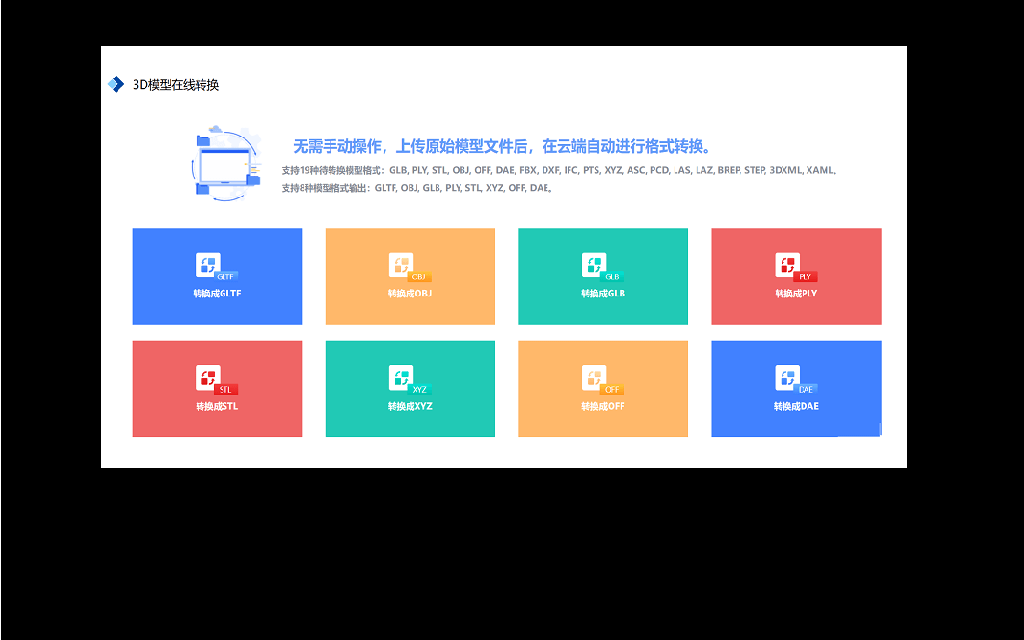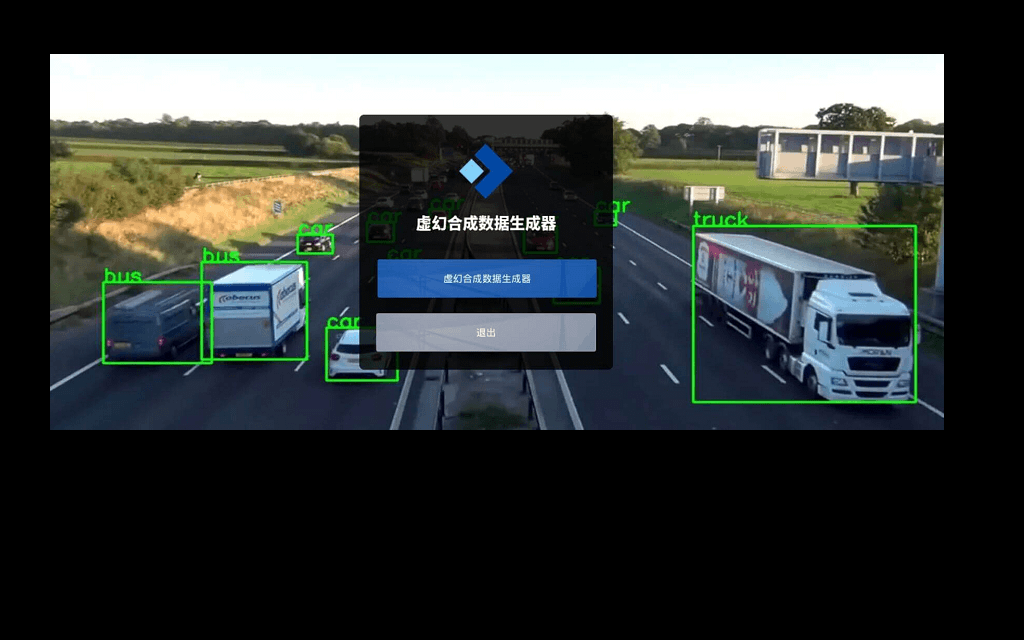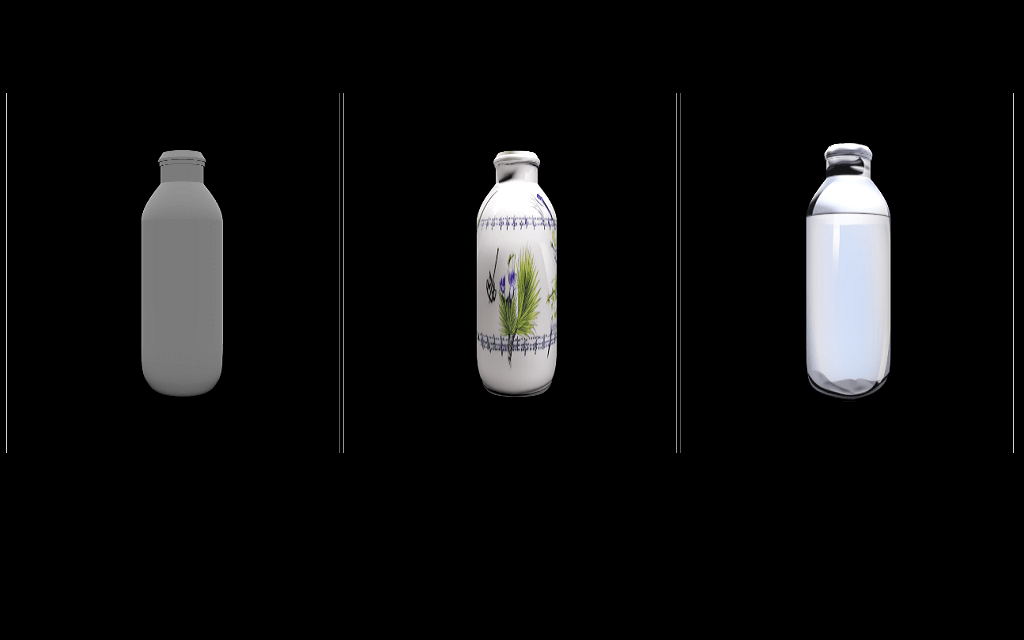blenderbot-400M-distill fine-tuned on the ESConv dataset. Usage example:
import torch
from transformers import AutoTokenizer
from transformers.models.blenderbot import BlenderbotTokenizer, BlenderbotForConditionalGeneration
def _norm(x):
return ' '.join(x.strip().split())
tokenizer = BlenderbotTokenizer.from_pretrained('thu-coai/blenderbot-400M-esconv')
model = BlenderbotForConditionalGeneration.from_pretrained('thu-coai/blenderbot-400M-esconv')
model.eval()
utterances = [
"I am having a lot of anxiety about quitting my current job. It is too stressful but pays well",
"What makes your job stressful for you?",
"I have to deal with many people in hard financial situations and it is upsetting",
"Do you help your clients to make it to a better financial situation?",
"I do, but often they are not going to get back to what they want. Many people are going to lose their home when safeguards are lifted",
]
input_sequence = ' '.join([' ' + e for e in utterances]) + tokenizer.eos_token # add space prefix and separate utterances with two spaces
input_ids = tokenizer.convert_tokens_to_ids(tokenizer.tokenize(input_sequence))[-128:]
input_ids = torch.LongTensor([input_ids])
model_output = model.generate(input_ids, num_beams=1, do_sample=True, top_p=0.9, num_return_sequences=5, return_dict=False)
generation = tokenizer.batch_decode(model_output, skip_special_tokens=True)
generation = [_norm(e) for e in generation]
print(generation)
utterances.append(generation[0]) # for future loop
Please kindly cite the original paper if you use this model:
@inproceedings{liu-etal-2021-towards,
title={Towards Emotional Support Dialog Systems},
author={Liu, Siyang and
Zheng, Chujie and
Demasi, Orianna and
Sabour, Sahand and
Li, Yu and
Yu, Zhou and
Jiang, Yong and
Huang, Minlie},
booktitle={Proceedings of the 59th annual meeting of the Association for Computational Linguistics},
year={2021}
}


